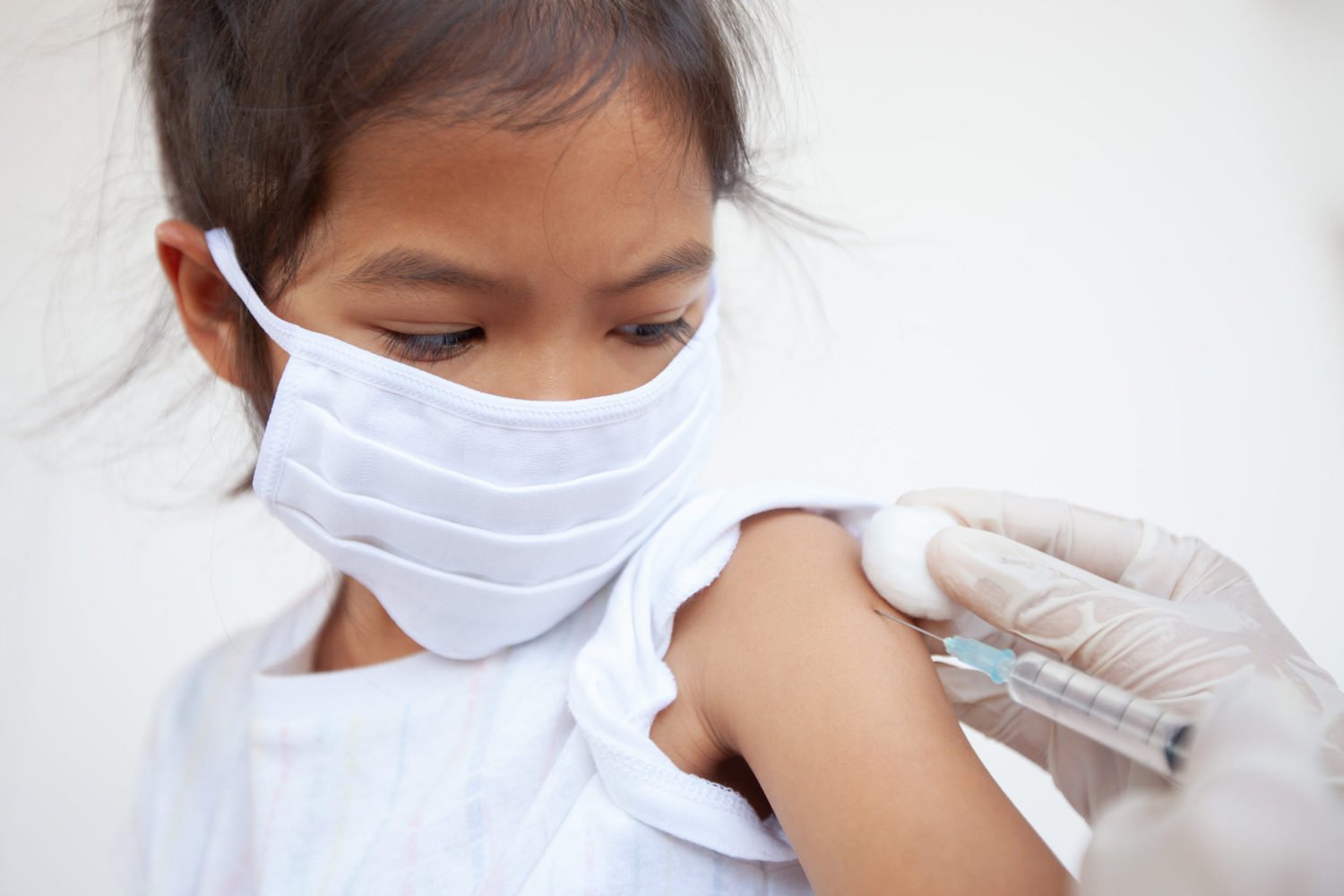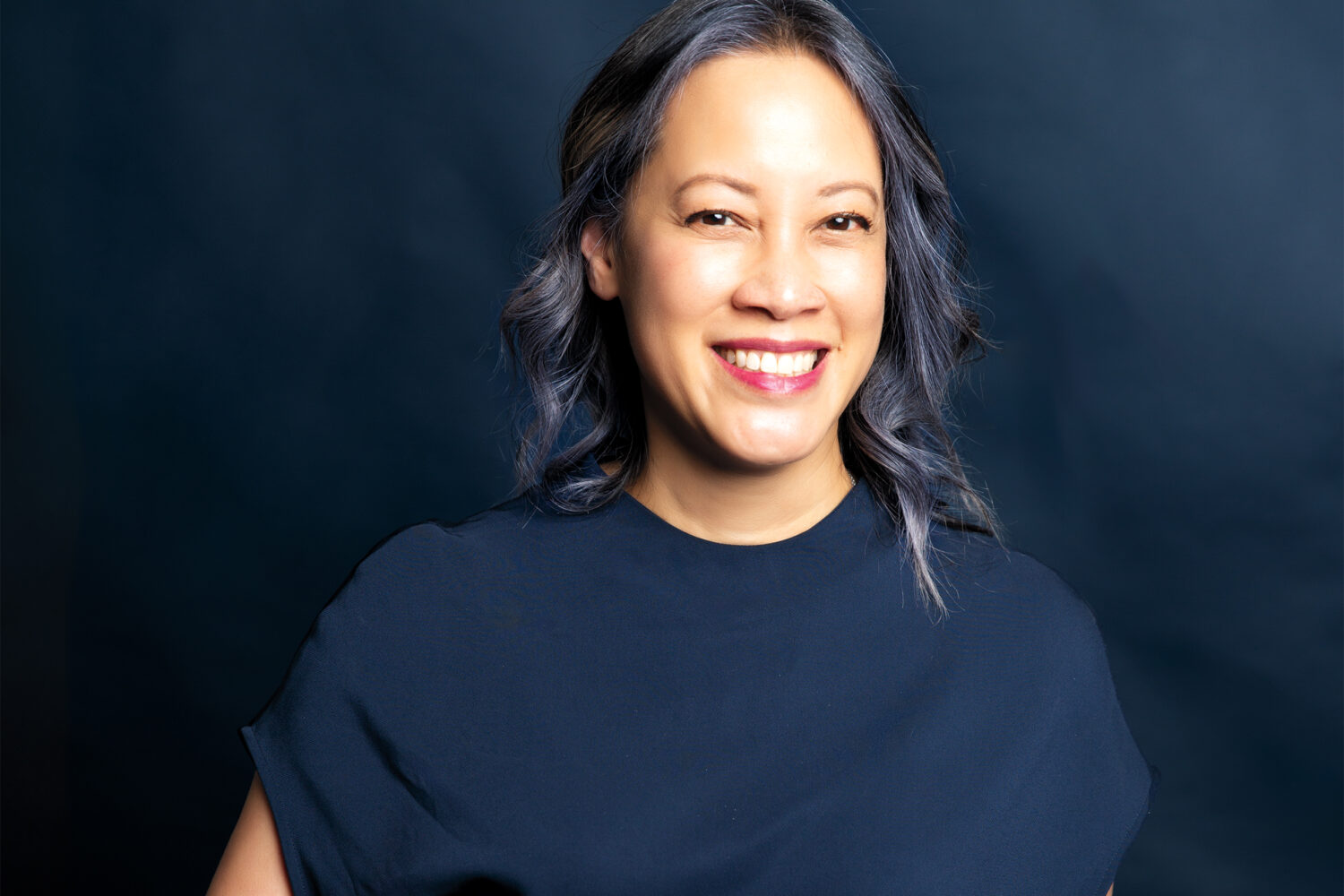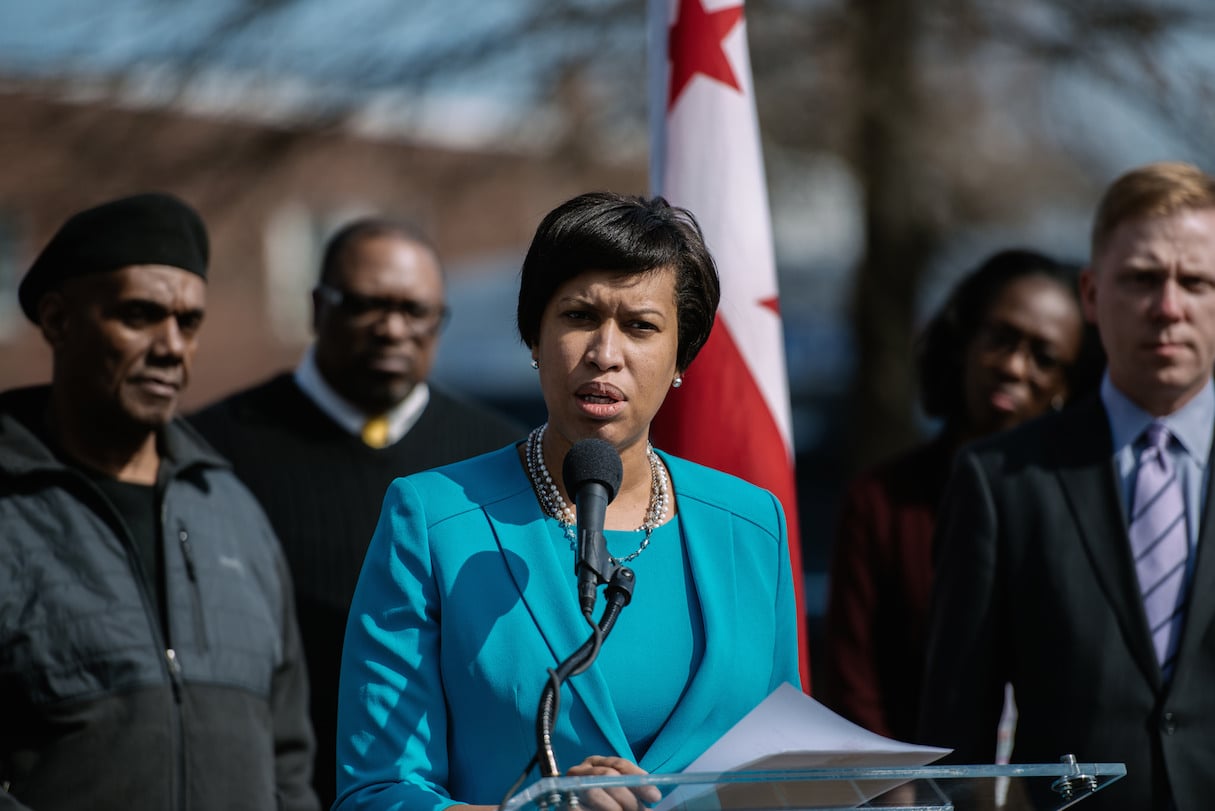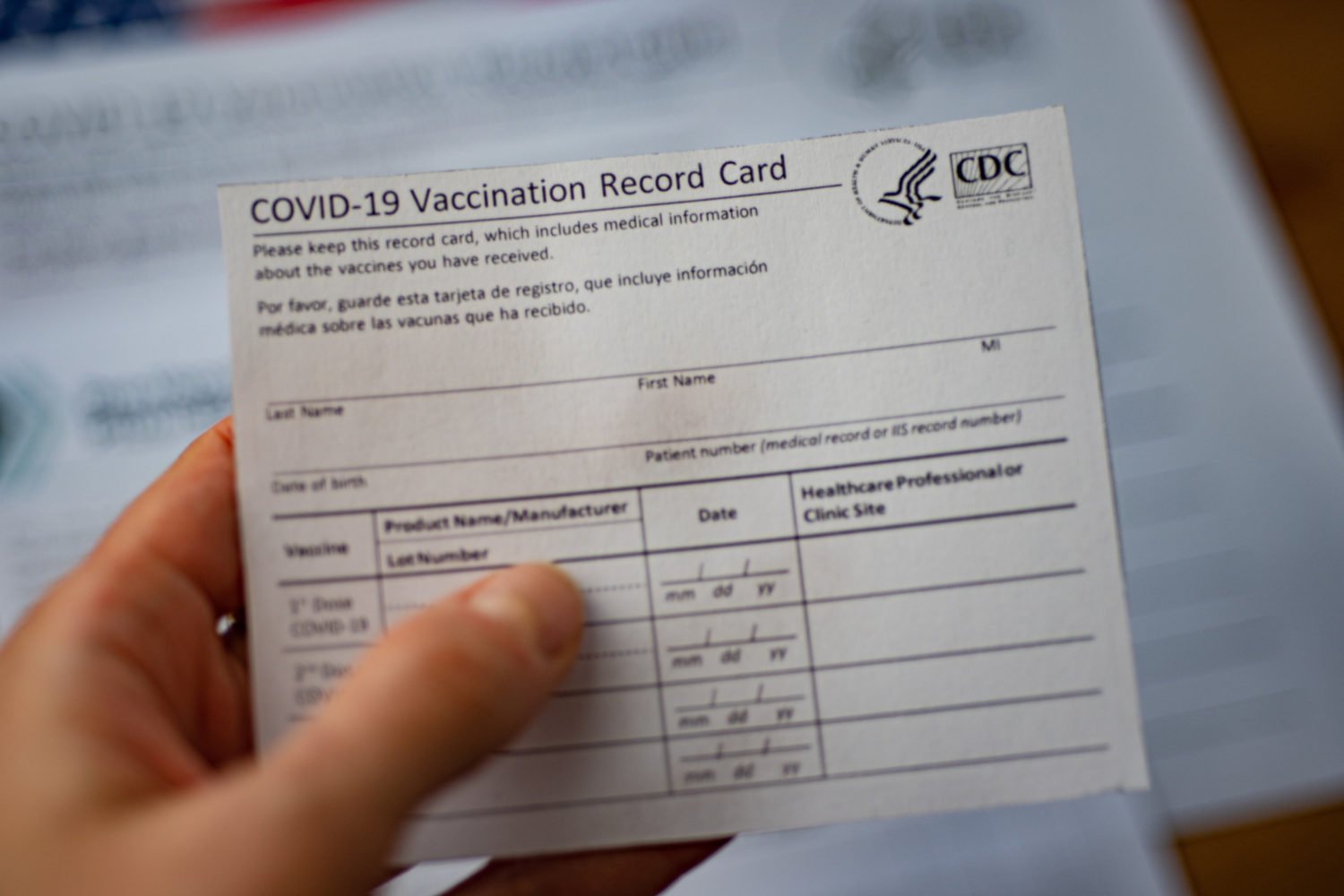According to data from DC Health, the number of children who received vaccines between March and May of this year was starkly lower than during the same period in 2019. Vaccinations for children under 3 were down 70 percent, and childhood vaccinations overall were down 42 percent. Though rates have risen as the city’s lockdown has eased, they are still lower overall compared to last year.
We talked to local pediatrician Peter Warfield about why there’s been such a large decrease and what the impact might be.
Do you think there’s any anti-vaxxer component to this, or is this purely attributable to the pandemic?
There are a lot of people who are nervous to come to the pediatrician’s office because of the coronavirus. [In the spring] people weren’t sure what to expect. They weren’t sure how infectious everything was, so they didn’t want to bring their little ones into the office. As a result, the numbers went way down. We had to get pretty creative to try to make these visits happen and get the shots that the kids needed. We did a lot of telemedicine visits, but obviously you can’t give a kid a shot through telemedicine. So it was a matter of getting people comfortable to come in. We were giving shots in the parking lot if that’s what people needed. As the summer went on, people became more comfortable coming in, although you still see a really wide range of comfort around coming into the office. Some people are acting as though nothing ever happened, and some patients are still very nervous.
If a second wave comes this winter and we’re locked down again, is getting your child vaccinated on time worth the risk of going to the doctor’s office?
We need to have a good heart to heart discussion with parents and go, “What are the risks? What are the benefits?” If there is another lockdown, I would be fully prepared for us as pediatricians to once again be doing anything we can to keep kids up to date with vaccines, be it bringing kids in one family at a time or doing shots in the parking lot or reassuring people that it’s safe to come into our office.
What is the risk of not getting vaccinated? I mean, if you’re taking the preventative measures to protect your child from the coronavirus, what’s the chance of them getting an early childhood disease if you delay their vaccinations by a few months?
I suppose if the child is truly staying at home, then their risk of catching things is less. However, people have different needs. If that child needs to go to daycare or has an older sibling who’s in daycare, that child is at risk. In the first two years, there are a lot of repeat or booster shots. So the good news is that if you’re late for, say, your child’s four-month shot, they at least have some degree of coverage from their two-month shot. But it’s not perfect; otherwise you wouldn’t need a booster. It’s really important to stay on top of vaccinations, especially for the little ones who are getting their primary series of vaccines.
How concerned are you about this? Let’s operate on the hopeful assumption that things start to return closer to normal in March and people feel comfortable going to the doctor again. Is that too late to prevent the resurgence of early childhood diseases?
If this was to only last until March, we could get kids caught up on their vaccinations, and I don’t think we would get too far behind. If the pandemic lasts longer than that, then it gets to be a challenge. If you have more and more kids going unvaccinated or with insufficient vaccination, you could see some resurgence of things like these older infectious diseases. I think that’s sort of a long-term issue, and I like to think we’re staying ahead of it at this point. But if you get enough of the population off their vaccine schedule, there could be some real risks. So it’s really important we stay on top of this.



















